Takeda's commitment to health equity and access for rare disease community
Many other pharmaceutical companies are focusing on helping Vietnam prevent and treat infectious diseases, so why did Takeda choose the more difficult path of rare diseases, especially diseases related to genetics and haematology?
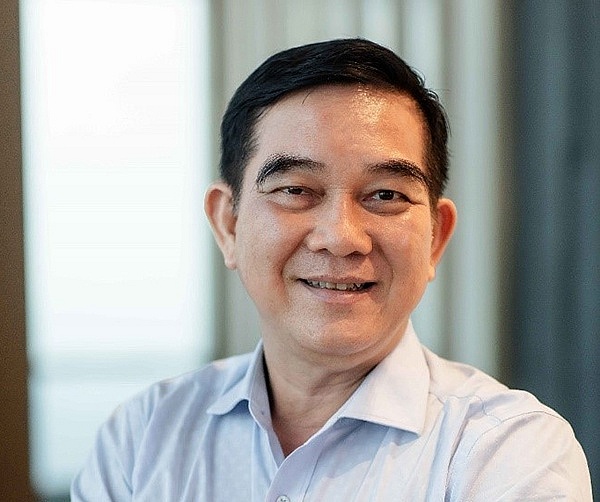 |
| Than Trong Son, head of Medical Affairs, Takeda Vietnam |
Most major pharmaceutical companies, including Takeda, are focused on supporting Vietnam’s Ministry of Health in preventing, detecting, and addressing the threats of common infectious diseases in the country.
Our experience as a leader in haematology means we are well prepared to meet today’s needs as we pursue future developments in the care of blood disorders.
Within Rare Immunology, we focus on driving continuous innovation and personalised care through our portfolio of plasma products and innovative targeted treatments, diagnostics, and other services for patients with rare immunological disorders such as hereditary angioedema (HAE).
Are there any differences in supporting rare disease treatment in Vietnam compared to other countries where the group is active?
It depends on the needs of each country. Takeda continues to raise expectations for the future, including earlier diagnosis, earlier and full protection against bleeding, and more personalised patient care in every country we provide our services in. We remain focused on expanding the use of our current portfolio to benefit more people living with rare bleeding disorders.
Two blood diseases - haemophilia and HAE - are also rare genetic diseases. How has Takeda helped reduce the burden of these diseases on the Vietnamese healthcare system?
A profound and impactful project we are working on is the NCGM HAE Capability Project. Over the past three years, Takeda Vietnam has embarked on a collaborative initiative, in partnership with the Ho Chi Minh City Association of Asthma-Allergy-Clinical Immunology and the National Center for Global Health and Medicine in Japan, making remarkable strides in improving the lives of individuals affected by HAE.
Through a series of educational activities, we have empowered healthcare professionals with knowledge, ignited a wave of public awareness, developed crucial guidelines and educational materials, and provided vital support for early diagnosis. As a result, 19 HAE patients have received confirmed diagnoses, marking a significant milestone in their journey towards better health.
In advancing the treatment of haemophilia, Takeda has organised workshops for healthcare providers, training programmes for nurses and patients on disease management, and worked very closely with the Vietnam's Haemophilia Association. In collaboration with experts from the National Institution of Haematology and Blood Transfusion, we have also extended our reach through the Haemophilia Center of Excellence network in various provinces, ensuring there is improved access to haemophilia centres.
Takeda has also collaborated on the development of a national guideline for take-home treatment for haemophilia with the local government, aiming to enhance patient care and empower individuals to manage their conditions effectively.
What success has Takeda gained in preventing and treating these diseases?
Takeda's unwavering focus lies in establishing sustainable capacity at every crucial stage of patient care. From raising awareness and facilitating accurate diagnoses to providing ongoing support, we are dedicated to ensuring that patients have access to our advanced medicines. We have created a practical framework that guides our efforts to increase sustainable access to innovative medicines for complex and rare diseases through local partnerships.
To achieve this, we have implemented affordability programmes that break down financial barriers and enhance patient accessibility. Collaborating closely with policymakers, we strive to create an enabling environment that further improves patient access to essential treatments. Our strength and commitment lie in developing innovative solutions that empower patients to overcome affordability challenges and gain access to the life-changing medicines they require.
These affordability programmes are tailored to each country to ensure access for as many patients as possible. We refer to them as “Patient Assistance Programmes” (PAPs).
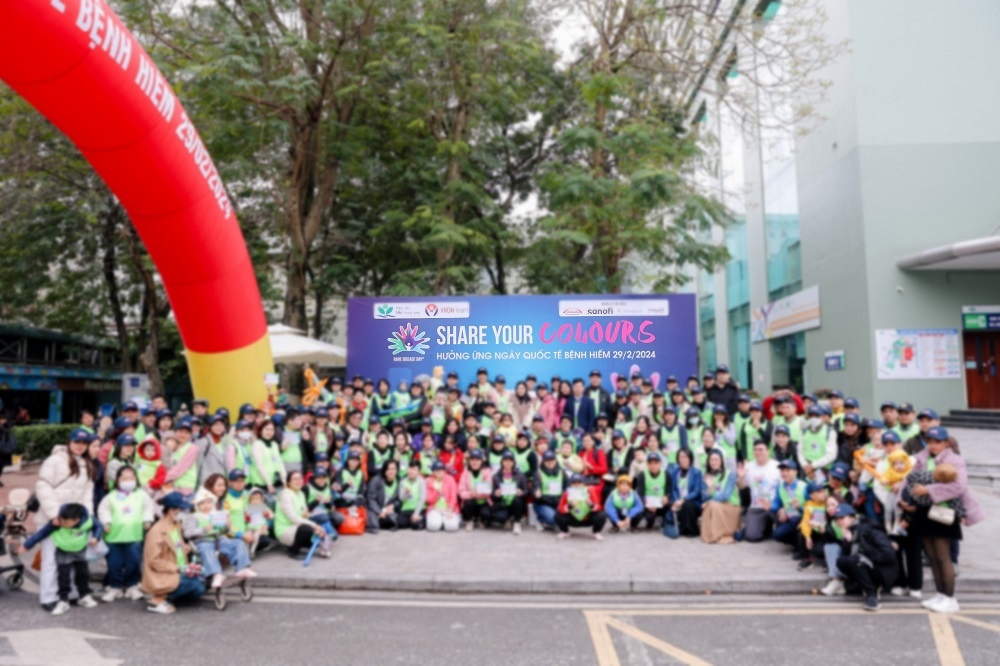 |
| Takeda Vietnam helped the National Children's Hospital to organise activities in response to International Rare Disease Day 2024 |
In recent years, the Vietnamese healthcare system has made many advances and positive changes in the prevention and treatment of rare diseases. How have these changes affected Takeda's goals and activities?
As challenges still persist such as lack of specialised genetic centres, limited testing capacity, delayed diagnoses, and the unavailability of specific treatments in the country, we remain steadfast in our commitment to drive positive healthcare outcomes, elevate the capabilities of our healthcare professionals, and shape progressive healthcare policies to ensure sustainable access to innovative, life-transforming treatments for the Vietnamese people.
This Rare Disease Day 2024, we are building on our commitment to raise awareness of health inequities in rare diseases by highlighting specific challenges that patients and their families experience, while encouraging the community to take action to improve standards of care.
We want to shed light on the low levels of disease awareness that disproportionately impacts the rare disease community due to the infrequency of their conditions, and results in distinctive and significant health inequities, including a potentially lengthy diagnostic journey and barriers to accessing clinical care.
We stand with the rare disease community as we promote action at both a global and local level to reduce the burden of health inequities and drive meaningful change so that everyone may one day receive optimal care.
Can you tell us about Takeda's recent cooperation initiative to improve the quality of diagnosis, treatment, and management of rare diseases in Vietnam, and relevant expectations?
Over the past few years, Vietnam has placed more focus on rare diseases and enhanced rare disease capabilities in diagnosis, treatment, and management guidelines. To advance this progress, the Vietnamese Ministry of Health has promoted public-private partnerships with various stakeholders such as pharmaceutical companies.
Since 2018, Takeda Vietnam and the Medical Services Administration of the Ministry of Health have joined forces to tackle challenging diseases through a MoU titled “Improving diagnosis, treatment, and management of specific rare diseases in Vietnam” for 2018-2023. This collaborative effort has yielded remarkable progress.
Building upon this, during a scientific discussion organised in conjunction with Rare Disease Day 2024 on February 29, a significant agenda was the MoU signed between the Medical Service Administration under the Ministry of Health and four leading pharmaceutical partners in Vietnam, including Takeda.
The primary objective of this memorandum is to enhance the quality of management and treatment of rare diseases within the country. Given the government's current exploration of public-private partnerships with various stakeholders, this MoU holds great relevance in advancing capabilities related to the diagnosis, treatment, and management guidelines for rare diseases.
As a key partner in the MoU, Takeda Vietnam is committed to collaborating with the Ministry of Health and other stakeholders to making substantial contributions to the progress of rare disease management in the country.
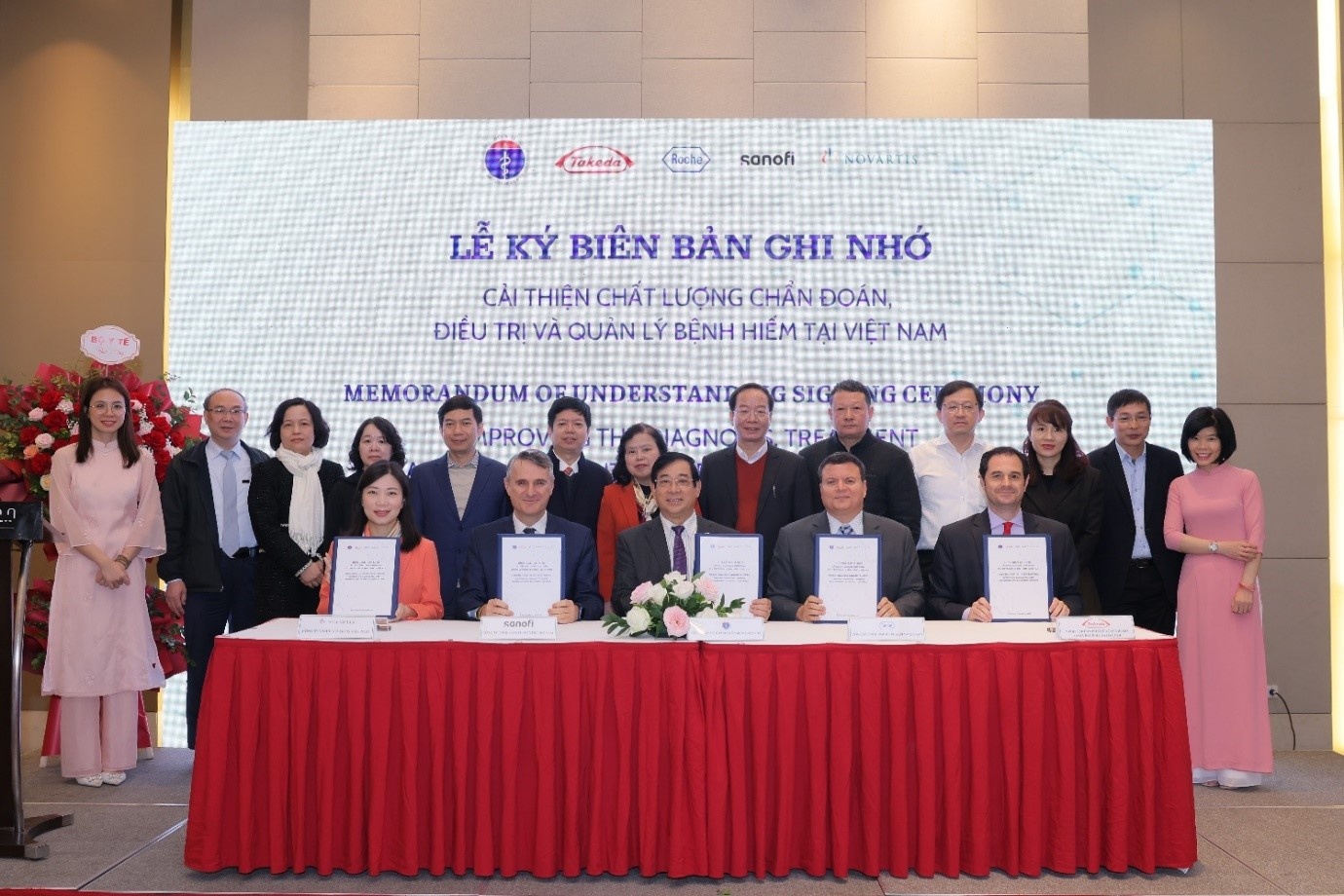 |
| The MoU signing ceremony between the Medical Service Administration and four pharmaceutical companies on February 29 |
In 2024 and 2025, what are Takeda's strategic priorities to further improve Vietnam's healthcare system, especially in rare disease prevention and treatment?
Takeda is committed to supporting the rare disease community and reducing the burdens they face, particularly in terms of health inequities. We aim to raise awareness about these inequities and the barriers to diagnosis and care that the rare disease community encounters.
In Vietnam, Takeda is adopting an "Access-First Mindset" approach to address healthcare challenges. We are focused on creating a healthcare ecosystem that prioritises accessibility, especially for those affected by rare diseases. Our dedication is unwavering, as we strive to support all patients on their challenging journey. Our ultimate objective is to ensure equitable access for everyone, as we firmly believe that individuals with rare diseases and their caregivers deserve not only answers but also a clear path towards a better future.
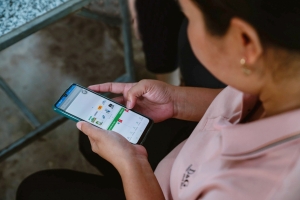 | Nestlé Vietnam issues long-term commitment to enhance women’s livelihoods Within the framework of the Nestlé Accompanying Women programme, 13,000 women members were trained on nutrition, life knowledge and skills, happiness, and health. |
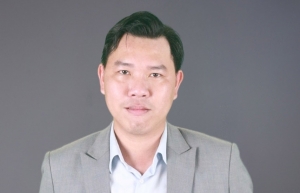 | Ownership tweaks show commitment to improve The amended Law on Credit Institutions was passed on January 18. Banking trainer and consultant Le Hoai An discussed the impact of this with VIR’s Nhue Man and the adjustment of the maximum institutional ownership capital in commercial banks. |
 | Empowering women in tech: shattering cybersecurity ceilings in Vietnam In a discussion with VIR's Celine Luu, Deepa Kuppuswamy, director of security at ManageEngine, highlighted the evolving landscape of cybersecurity and the increasing role of women in tech. |
What the stars mean:
★ Poor ★ ★ Promising ★★★ Good ★★★★ Very good ★★★★★ Exceptional
Related Contents
Latest News
More News
- Digital shift reshaping Vietnam’s real estate brokerages (December 31, 2025 | 18:54)
- Allen & Gledhill recognised as Outstanding M&A Advisory Firm (December 18, 2025 | 14:19)
- Inside Lego Manufacturing Vietnam (December 18, 2025 | 11:45)
- The next leap in Cloud AI (December 11, 2025 | 18:19)
- Vietnam’s telecom industry: the next stage of growth (December 11, 2025 | 18:18)
- Five tech predictions for 2026 and beyond: new era of AI (December 11, 2025 | 18:16)
- CONINCO announces new chairman and CEO (December 10, 2025 | 11:00)
- How AWS is powering the next-gen data era (December 09, 2025 | 13:14)
- Outlook in M&A solid for Singapore (December 08, 2025 | 10:31)
- Vietnamese firms are resetting their strategy for global markets (December 05, 2025 | 17:04)

 Tag:
Tag:


























 Mobile Version
Mobile Version